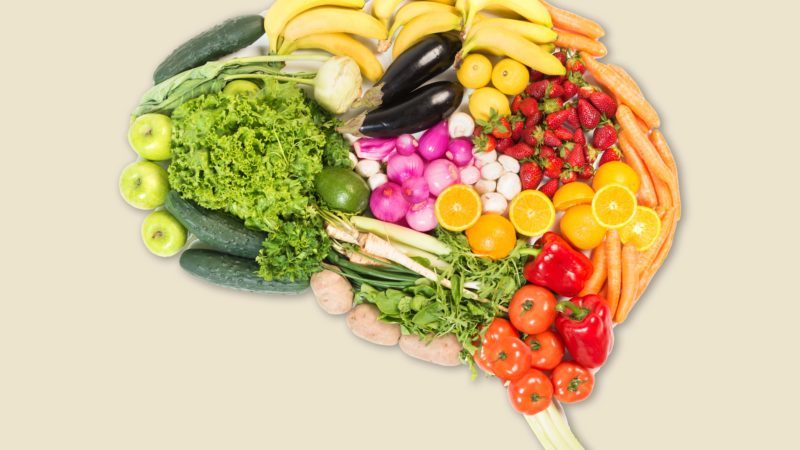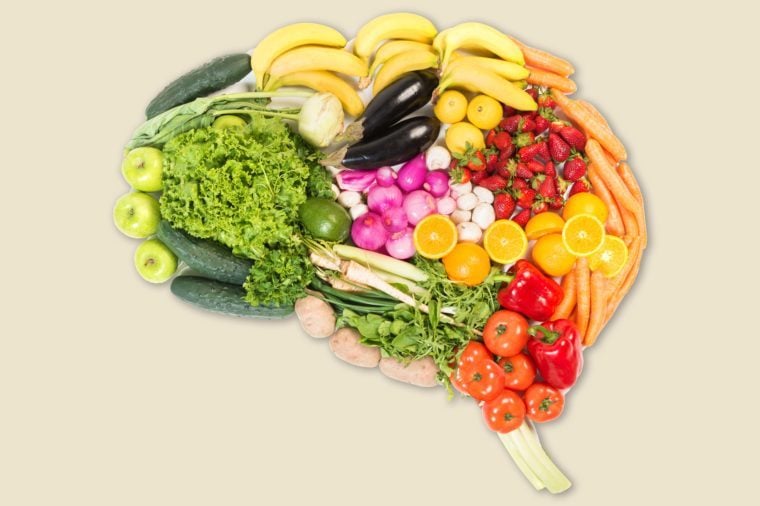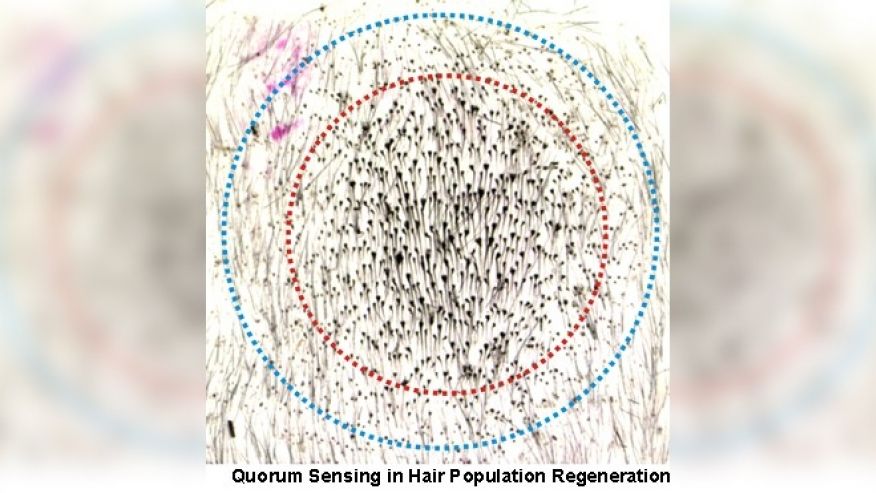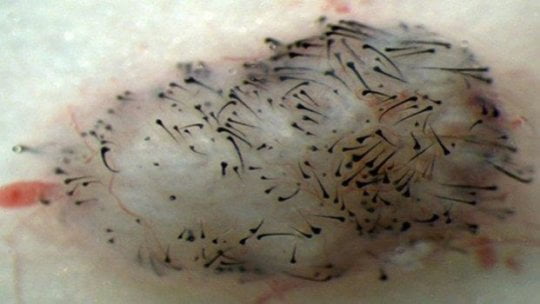
Your body and brain crave stasis, and naturally fight against losing weight. But that doesn’t mean you can’t diet healthily and sustainably. Here’s what’s really going inside your brain when you diet.
 There are countless dieting tips, tricks, recipes, and meal plans available in a single Google search, all promoting different ways to lose weight. But beyond the hacks, what you eat and the amount you eat are affected by more than just your degree of motivation and the desire to look good.
There are countless dieting tips, tricks, recipes, and meal plans available in a single Google search, all promoting different ways to lose weight. But beyond the hacks, what you eat and the amount you eat are affected by more than just your degree of motivation and the desire to look good.
The first thing to understand when you want to lose a few pounds is set point weight. This is your body’s “happy weight,” including the amount of fat the body feels most comfortable carrying around. According toDara DirhanEdD, MPH, RDN, LDN, this amount of fat also becomes what the brain has determined to be the best for optimal function. “Two hunger hormones are responsible for trying to regulate the body’s set point: ghrelin and leptin,” Dirhan explains. Ghrelin is known as the “hunger hormone,” as it is secreted when energy in the brain is low. This hormone creates that hungry feeling that convinces you to consume glucose—your brain’s preferred source for energy. Leptin is known as the “satiety hormone,” because it signals the brain when you’ve eaten enough and energy levels are met.
These signals have three primary functions, according to David Prologo, MD, a dual board-certified obesity-medicine physician and interventional radiologist. They tell your body when to seek food, when to slow down and conserve energy, and when to store fuel for a coming “famine”—all in the name of survival. “The brain isn’t concerned with looking slim and pretty,” Dr. Prolongo says. “It is concerned with maintaining life.” Your body and brain are programmed to remain stable at your set point.
Therefore, when you first start a new diet—or you aren’t consuming enough energy for your brain’s needs—you can experience symptoms like weakness, hunger, depression, fatigue, and headaches, among other symptoms. The good news is that after several weeks the brain eases up on these signals. Dr. Prologo says your body finds a new set point.
Dr. Jason McKeown, MD, Neurologist, and CEO of Modius Health adds that once your body reaches a new set point, you’ll specifically see a reduction in your appetite and cravings. “To maintain results, diets in the long-term can influence this set-range, making your brain [sic] adapt and be comfortable at a lower weight,” Dr. McKeown says. Conversely, overeating certain foods high in sugar and saturated fats in the long-run could shift the set point for body fat upwards.
McKeown adds that changing how the brain works takes months and sometimes even years, so diet and weight goals should be considered in the long-run. “In the long-run you could reset the weight range that your brain has established which will cause your body to speed up metabolism and decrease appetite, becoming comfortable with a lower weight,” McKeown says. “Whereas in the short-run, you may lose a few pounds, but you’ll often plateau and see the weight creep back up as it’s not enough to influence the weight your brain and body is happy with.”
The quality of your diet is another variable. For brain health and wellbeing, Dirhan recommends choosing a whole-foods diet as much as possible. “This means staying away from foods that have been processed or refined and incorporating more low-energy dense foods (foods lower in calories) into the diet, like fresh fruits and vegetables, lean meat, poultry, fish, and whole grains,” Dirhan says. “Instead of focusing on a ‘calorie salary,’ sticking to a whole-foods diet and practicing mindful eating are sure to make the brain happy while aiding in weight loss.” Don’t miss the 50 things keeping you from losing weight.
Farrah Hauke, Psy.D., a psychologist in Scottsdale, Arizona who specializes in weight management and weight loss, agrees and adds that we are more likely to binge when we are overly restricting what we eat. Plus, when we eat foods higher in fat or sugar, our brains release “feel-good” chemicals that make these experience rewarding, Dr. Hauke says. Specifically, when we eat “junk food,” dopamine neurons are activated. “We don’t see this same brain stimulation with ‘diet foods’ such as broccoli and grilled chicken breast,” Dr. Hauke says. Here are the signs you’re on a bad diet.
The lack of dopamine sparked by traditionally strict diets means we are also less likely to find dieting reinforcing. Thus, Dr. Hauke says we need to find ways to reward ourselves, feel satisfied, and avoid “cognitive distortions”—negative thinking patterns that contribute to the common all-or-nothing diet approach.
Dirhan, Dr. Hauke, Dr. McKeown, and Dr. Prolongo all agree that rigid rules, unrealistic expectations about eating, and fad diets aren’t the best strategies for your body and brain. Instead, focus on the quality of your diet, listening to your body’s hunger cues, and adding in physical activity.
[“Source-rd”]























